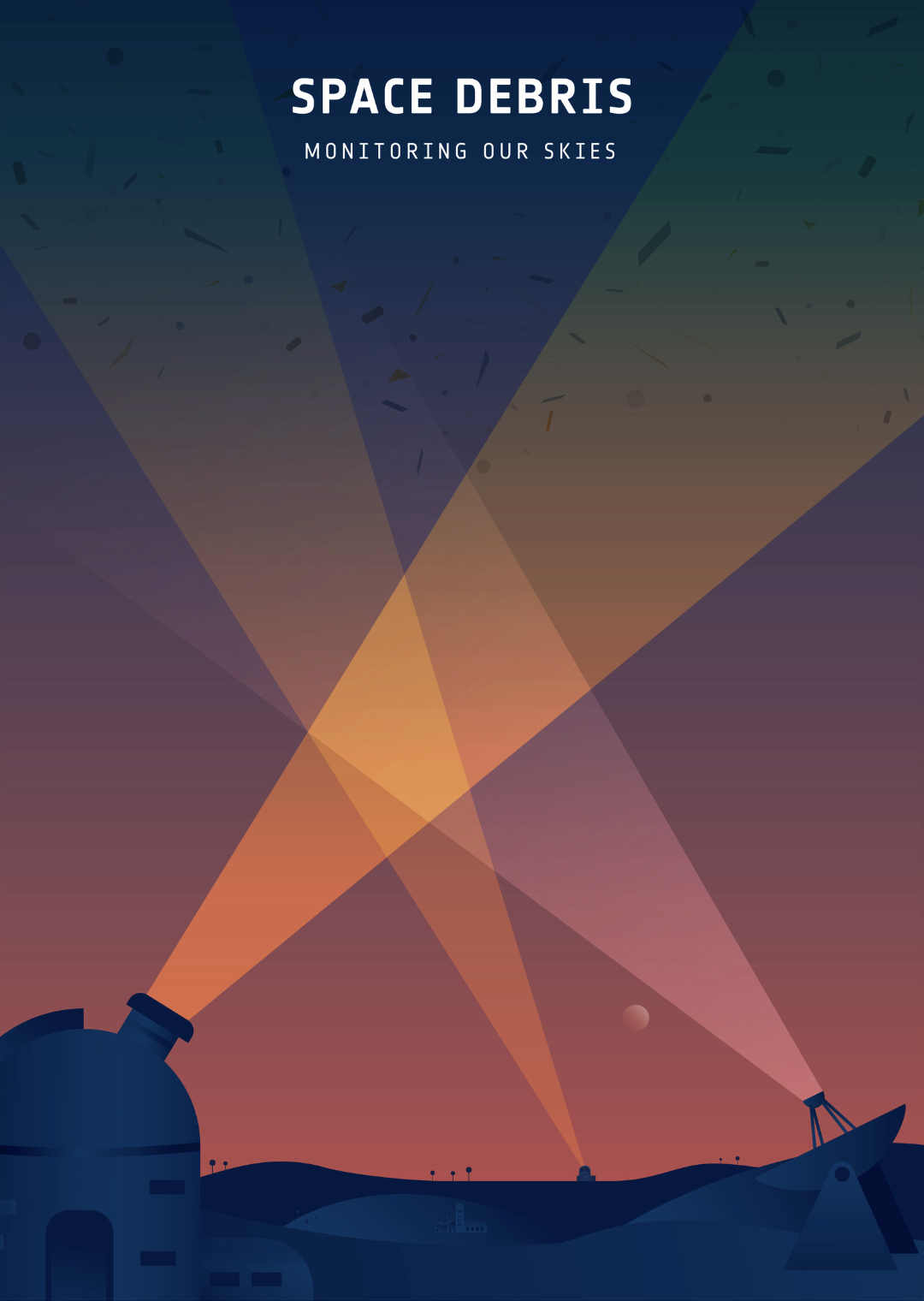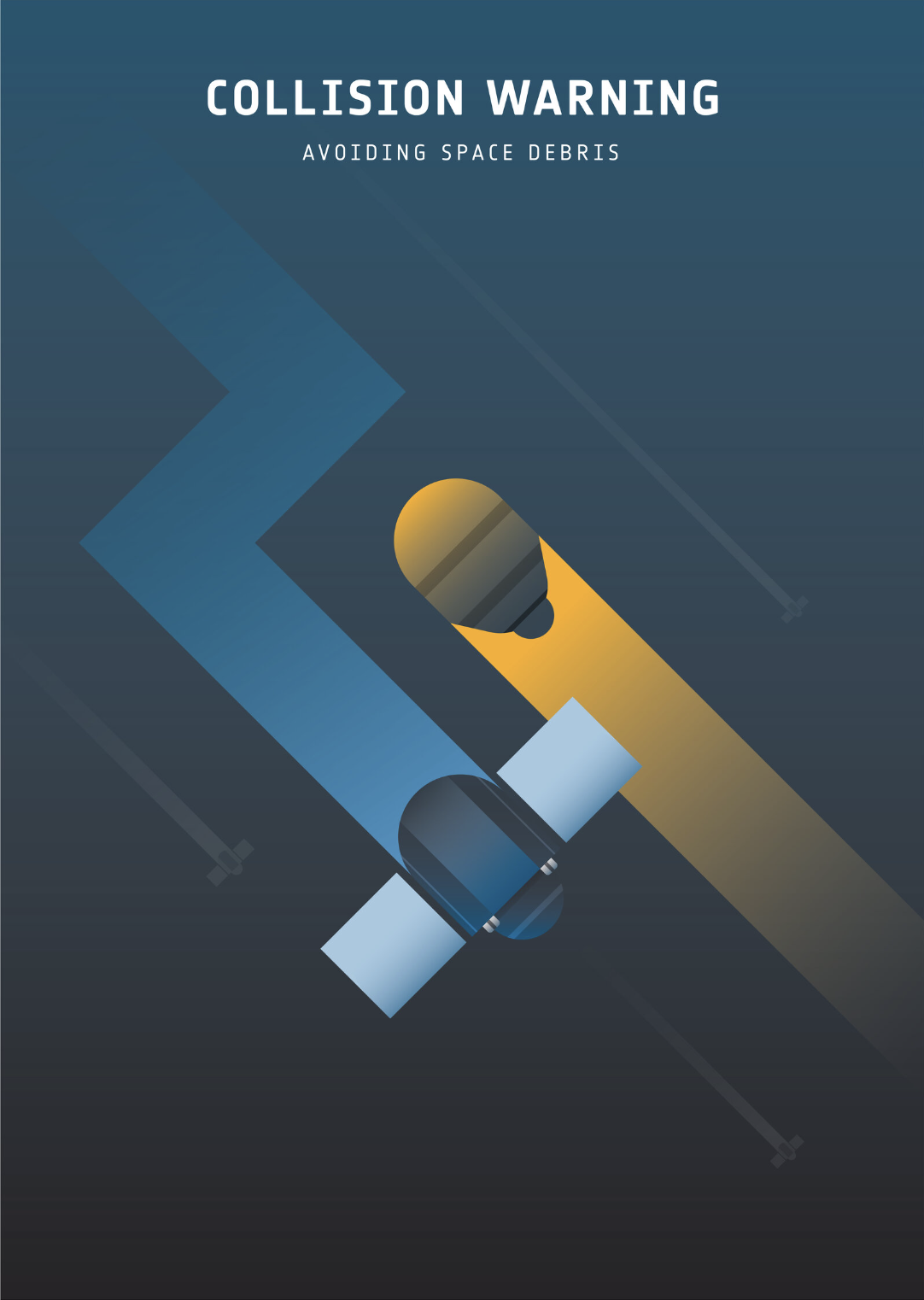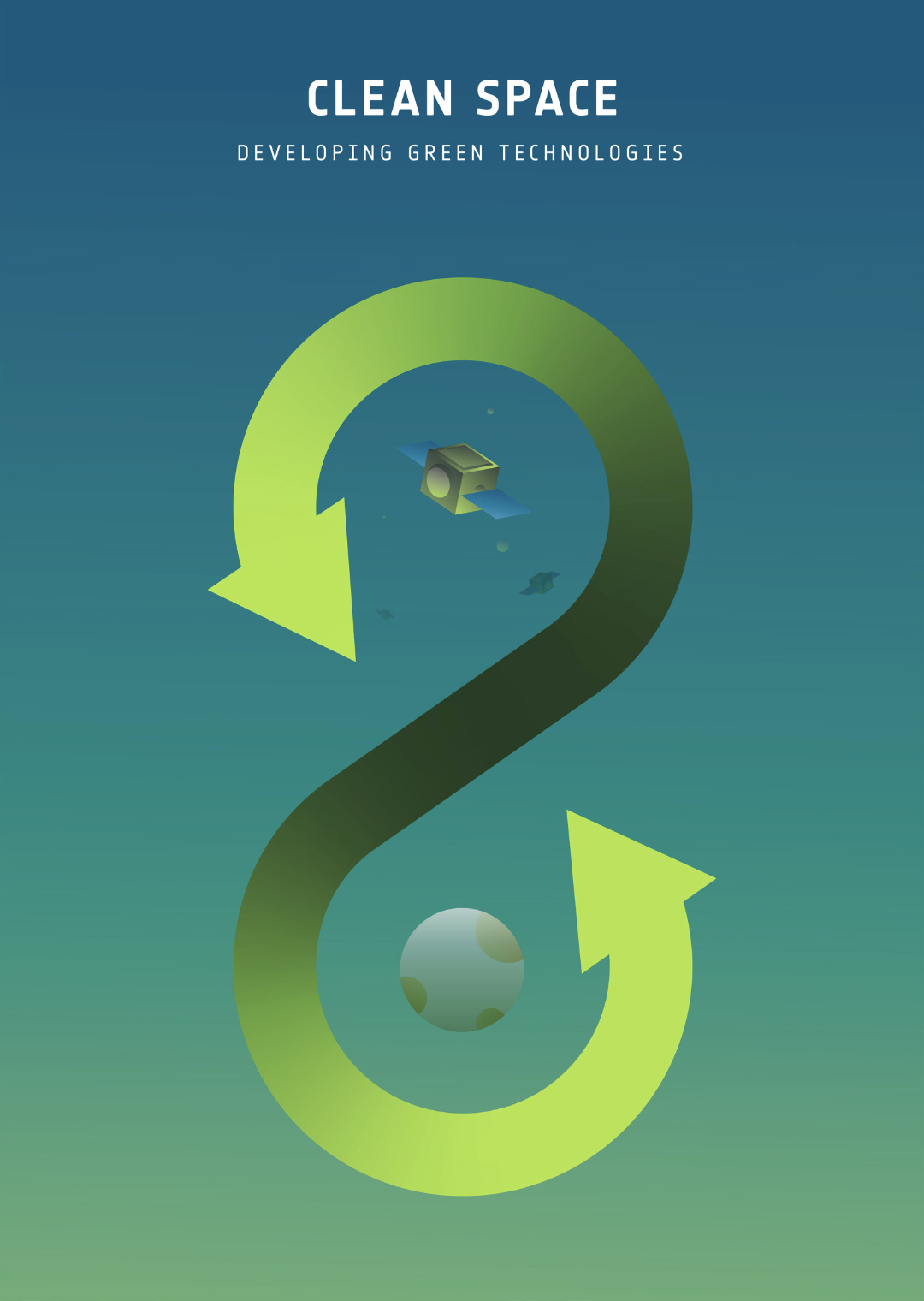LEONARDO

There is an estimated
500,000
pieces of space debris in orbit
750 live satellites
Oldest orbital debris
1958 Vanguard I research satellite
Debris
LEONARDO utilizes composite algorithms and big data analytics to deliver real-time monitoring of objects in orbit. Leveraging high-performance computing (HPC), our infrastructure efficiently process large volumes of data to accurately predict potential collisions and enable proactive interventions. LEONARDO's intuitive dashboard provides comprehensive visualization of space traffic, facilitating thorough risk assessments and informed decision-making. This robust capability not only enhances situational awareness but also supports the creation of a more sustainable space environment by effectively mitigating the risks associated with space debris.
Our Mission
- Track satellites and objects of interest
- Simulate orbits and model new missions
- Avoid collision and automate monitoring
- AI-enhanced fast computer vision
- Enhance security and protection

Space debris
Space debris consists of defunct objects in Earth's orbit that pose collision risks.

Collision warning
Over 750,000 debris fragments threaten satellites in orbit.

Clean space
Early space missions ignored environmental impact, now we promote clean space.

Boosting sustainability
Automated collision avoidance to protect satellites as space traffic expands.